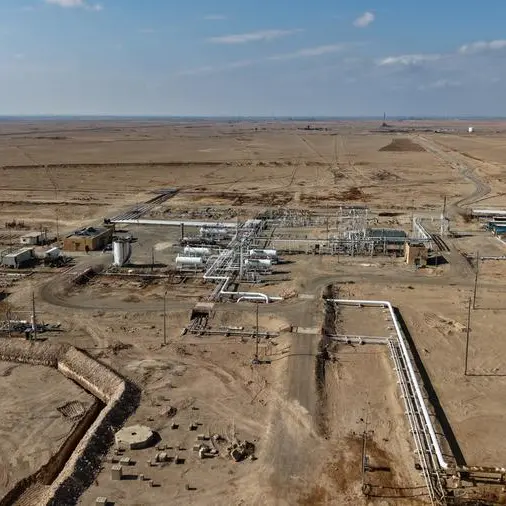PHOTO
The Report: Saudi Arabia 2020 explores the latest initiatives ushered in under Vision 2030, the Kingdom’s long-term development plan, which are leading its bid to diversify the economy and increase opportunities for investment.
OBG provides detailed coverage of developments under way in Saudi Arabia’s industrial sector, which is poised for a major investment boost, as part of broader plans to drive non-oil growth and create new employment opportunities.
Topical issues examined include the steps taken against this backdrop to enhance training and education, while sharpening the focus on transferring skills from the private sector.
OBG also considers the role that industrial clusters are expected to play in supporting the development of strategic segments, in line with broader sectoral expansion.
With energy retaining its position as the backbone of the Saudi economy, the report maps out the new projects and acquisitions that will be key to ensuring sustainability in a challenging climate of falling oil prices and slowing global growth in the wake of the COVID-19 pandemic.
Other areas of the economy analyzed include the ICT industry, which is spearheading the Kingdom’s digital transformation, supported by 5G and other innovative technologies.
In addition, OBG charts the growth witnessed in the country’s transport sector, buoyed by a raft of road, rail and port infrastructure projects, which are helping to strengthen both international connectivity and urban mobility.
The Report: Saudi Arabia 2020 contains a viewpoint by Crown Prince Muhammad Bin Salman, together with a detailed sector-by-sector guide for investors.
It also features a wide range of interviews with other high-profile personalities, including: Prince Badr Bin Abdullah Bin Farhan, minister of culture; Prince Faisal Bin Salman, Governor of Madinah; Bandar Alkhorayef, minister of industry and mineral resources; Fahd Al Rasheed, President, Royal Commission for Riyadh City; Ahmed Alkholifey, Governor, Saudi Arabian Monetary Authority; and Anas Alfaris, President, King Abdulaziz City for Science and Technology.
Commenting ahead of the launch, Oliver Cornock, OBG’s Editor-in-Chief, said that while the COVID-19 pandemic had weighed heavily on parts of the Saudi economy, growth figures for the non-oil segment in 2019 remained a positive indicator for the Kingdom’s longer-term plans.
“The sharp decline in oil prices and the virus-related lockdown will inevitably lead to significant downward revisions in domestic growth forecasts for 2020,” he said. “However, previous promising gains in the non-oil sector, which expanded by 3.3% in 2019, are expected to support the Kingdom as it focuses on meeting the targets laid out in Vision 2030.”
Jana Treeck, the group’s managing director for the Middle East, added that e-commerce was one area of the economy benefiting from the stringent preventative measures introduced to help contain the spread of COVID-19.
“ICT has a pivotal role to play in driving the Kingdom’s Vision 2030 forward, as outlined in our report, and this includes boosting the proportion of payments made online,” Treeck said. “We expect the adoption of digital payments to accelerate in the current climate of social distancing, paving the way for new growth opportunities.”
The Report: Saudi Arabia 2020 marks the culmination of more than 12 months of field research by a team of analysts from Oxford Business Group. The publication assesses trends and developments across the economy, including those in macroeconomics, infrastructure, banking and others.
The Report: Saudi Arabia 2020 has been produced with HSBC, SABB, KPMG and Khoshaim & Associates. It is available online and in print. — SG
© Copyright 2020 The Saudi Gazette. All Rights Reserved. Provided by SyndiGate Media Inc. (Syndigate.info).





















